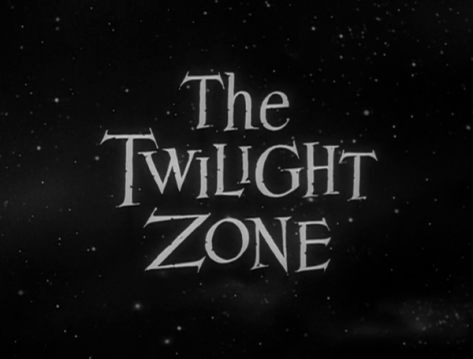There are few folks who have taken greater advantage of the Silver Age of science fiction (i.e. the Post-War boom and bust of the digests) than Robert Sheckley. As of last month, the fellow had already published four collections of his works. The beneficiaries of this production are Bob's pocketbook…and every reader who gets hands on his stuff. Sheckley's mastery of the science fiction short story, whether straight, humorous, cynical, or downright horrific, is legendary.
Now, Notions: Unlimited, Sheckley's fourth collection, just came out in June. Moreover, I'd had reason to believe that November would be a month of slim pickings for new fiction. Imagine my surprise (and delight!) at finding yet another Sheckley collection on sale.
This one, Store of Infinity, may be my favorite of them all.

All of the stories are reprints of magazine stories, and there are no clunkers in the bunch. Going through in order, we have:
The Prize of Peril (May 1958 Fantasy and Science Fiction): In the near future, the most popular gameshow on television is a live manhunt. At every turn, the fugitive is pursued not just by would-be killers, but also a camera crew and a vapidly excited host. Can a contestant survive? And what price victory? The theme was recycled for a part of Sheckley's recent novel, The Status Civilization.
The Humours (originally Join Now in December 1958 Galaxy): This rewrite is substantively similar to the original, but the premises are completely different. In the future, it is possible to transfer parts of one's personality to a perfectly realistic android. In the original story, this was done to address a labor shortage on Mars and Venus; individuals would split their personalities in three to work on all of the solar system's inhabited planets simultaneously. In The Humours, the split is therapeutic, a remedy for Multiple Personality Disorder. Both tales feature the journey of the "original" (at least, the personality piece inhabiting the human body) to reintegrate his brother personas. A fun ride.
Triplication (May 1959 Playboy): A set of three humorous vignettes, the kind that are usually droll and forgettable. Sheckley does it better.
The Minimum Man (June 1958 Galaxy): Who is best equipped to investigate a wild planet for colonization? Not trained mercenaries, not seasoned jungle trekkers, not veteran explorers–for though they may survive the ordeal, their experience will not tell you if your average, civilization-softened settler can handle the place. No, you want to send the least qualified pioneer possible. If he can survive, anyone can. Sounds like a silly premise, but it's really a beautiful story of a clod, his robot, and an untamed world. Probably my favorite piece of the book.
If the Red Slayer (July 1959 Amazing): When resurrection technology is perfected, what's to keep a soldier from fighting forever in an endless war? Nothing, apparently. A bitter story with an ironically light touch; contrast with the jingoistic Dorsai! and Starship Troopers.
The Store of the Worlds (September 1959 Playboy): Would you give up ten years of your life and your worldly possessions for a jaunt to an alternate Earth where all of your dreams have come true? And just what kind of world would you have to have come from to make this trade appealing. I tell you, Bob Sheckley is reason enough to get a subscription to Heffner's magazine…you read it for the articles, don't you?
The Gun without a Bang (June 1958 Galaxy): A silent weapon may be great for an assassin or a spy, but not so great against dumb animals. After all, it is the loud report of a rifle as much as anything that scatters the wolfpack. Still, a bangless gun can have some utility… The weakest story of the collection, which is to say it gets three stars rather than four or five like the others.
The Deaths of Ben Baxter (July 1957 Galaxy): An excellent multiple-timeline story in which folks from a doomed future attempt to thwart their fate by adjusting the past. The critical juncture involves the meeting of the same two men in three disparate settings (British, Hindu, and familiar New York). My second favorite piece.
4.5 stars. Pick it up while you can!




























